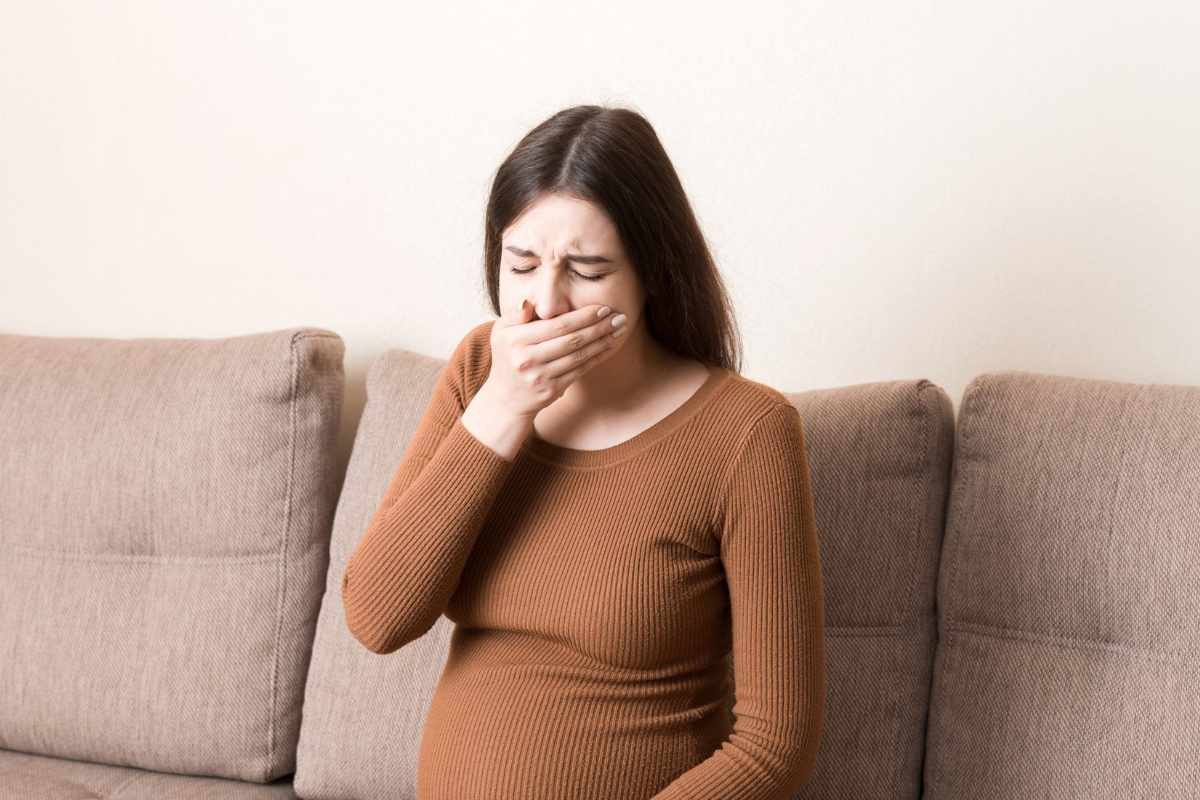Pregnancy is an incredible journey, often marked by a mix of excitement, curiosity, and a bit of anxiety. For many women, noticing the early pregnancy symptoms can be the first hint that something significant is happening in their bodies. If you suspect you might be expecting, understanding these signs can help guide you through this new chapter.
What Are Early Pregnancy Symptoms?
The early pregnancy symptoms usually appear within the first few weeks after conception. Every woman’s experience can vary, but some signs are commonly reported. Here’s a closer look at some of the most noticeable early pregnancy symptoms to be aware of:
1. Missed Period
One of the most telling signs of pregnancy is a missed period. If your menstrual cycle is usually regular and you suddenly find that your period is late, it might be time to take a pregnancy test. However, other factors, such as stress, illness, or changes in weight, can also cause a delay in your cycle. If you’re tracking your cycle and notice a significant change, that could be your body’s way of signaling that it’s time to check for pregnancy.
2. Nausea and Vomiting

Morning sickness is perhaps one of the most well-known early pregnancy symptoms. This nausea can occur at any time of the day and may be accompanied by vomiting. While it typically starts around the sixth week of pregnancy, some women experience nausea even earlier. If you’re feeling queasy without any apparent reason, it could be an early sign that you’re pregnant.
While morning sickness can be uncomfortable, it’s often seen as a positive sign that your hormone levels are rising and your body is adapting to support a developing baby. Keeping small snacks on hand or trying ginger tea can sometimes help ease nausea.
3. Breast Changes
Changes in your breasts can also be a strong indicator of early pregnancy. Many women report that their breasts feel tender, swollen, or unusually sensitive. You might also notice that the area around your nipples, known as the areola, darkens. These changes are driven by hormonal shifts as your body prepares for potential breastfeeding.
If your breasts feel different, it’s a good idea to pay attention to how they feel over time. Wearing a supportive bra can help ease discomfort, especially in those early weeks when you may not yet know for sure that you’re pregnant.
4. Fatigue

Feeling more tired than usual? You’re not alone. Fatigue is a common early pregnancy symptom that can catch many women off guard. As your body begins to produce more blood and other necessary substances to support a growing fetus, you may find yourself needing more rest.
Hormonal changes, especially increased levels of progesterone, can also contribute to feelings of tiredness. If you’re feeling unusually drained, don’t hesitate to listen to your body and take breaks when you need them.
5. Frequent Urination
Increased urination can start early in pregnancy, as your body adjusts to the changes taking place. The hormone hCG, which is produced shortly after conception, causes your kidneys to filter more blood and produce more urine. Even in the early stages of pregnancy, you might find yourself visiting the bathroom more often than usual.
While this symptom might be annoying, it’s typically a normal part of the pregnancy experience. Staying hydrated is essential, so drink plenty of water, but also expect those frequent trips to the restroom!
Other Signs to Consider
In addition to the more commonly recognized early pregnancy symptoms, there are several other signs that some women experience:
6. Mood Swings
Pregnancy can lead to a rollercoaster of emotions, often due to the hormonal fluctuations occurring in your body. You might find yourself feeling happy one moment and teary the next. It’s essential to understand that mood swings are entirely normal and are a part of the adjustment your body is undergoing.
If you find yourself feeling overwhelmed, it can be helpful to talk to someone about your feelings, whether it’s a friend, partner, or healthcare provider.
7. Mild Cramping
Mild cramping is another symptom that can occur early in pregnancy. Some women experience cramps that feel similar to menstrual cramps. This can happen as the embryo implants into the uterine lining. While mild cramping is generally normal, if you experience severe pain or heavy bleeding, it’s crucial to consult a healthcare professional to rule out any complications.
8. Food Aversions or Cravings

Changes in your taste preferences can be surprising. You may suddenly find that certain foods you once loved become unappealing, while others you typically wouldn’t choose might become irresistible. These shifts can vary greatly from woman to woman and are often influenced by hormonal changes.
If you find yourself craving specific foods, it’s okay to indulge in moderation, but try to maintain a balanced diet overall.
When to Take a Pregnancy Test
If you’re experiencing several of these early pregnancy symptoms, it’s a good idea to take a home pregnancy test. Most tests are designed to provide accurate results as early as the first day of your missed period. However, for the best results, waiting a few days after your missed period can increase accuracy, as hCG levels become more concentrated in your urine.
Dr. Natalie Crawford, MD, board certified OBGYN and REI, discusses one of the top questions she gets asked as a fertility doctor: what are the early signs of a pregnancy? In this video she reviews hormone changes in the luteal phase, the importance of progesterone, what exactly is the two week wait (TWW), and what happens as an embryo implants? All your implantation symptoms discussed in detail!
Confirming Your Pregnancy
If your test comes back positive, congratulations! Your next step should be to schedule an appointment with your healthcare provider. They can confirm your pregnancy through blood tests or ultrasounds and provide you with valuable information about what to expect during your pregnancy journey.
Finding Support
Navigating early pregnancy can be overwhelming, so don’t hesitate to lean on friends, family, or even online communities for support. Sharing your experiences can provide comfort and reassurance as you navigate this exciting time.
Conclusion
Being aware of early pregnancy symptoms is an essential part of understanding what your body is telling you. Whether it’s a missed period, morning sickness, or fatigue, recognizing these signs can help you take the right steps toward prenatal care. Remember, every woman’s experience is unique, and the best way to confirm a pregnancy is through a home test and a chat with your healthcare provider. Embrace the changes, trust your instincts, and enjoy the journey ahead!









